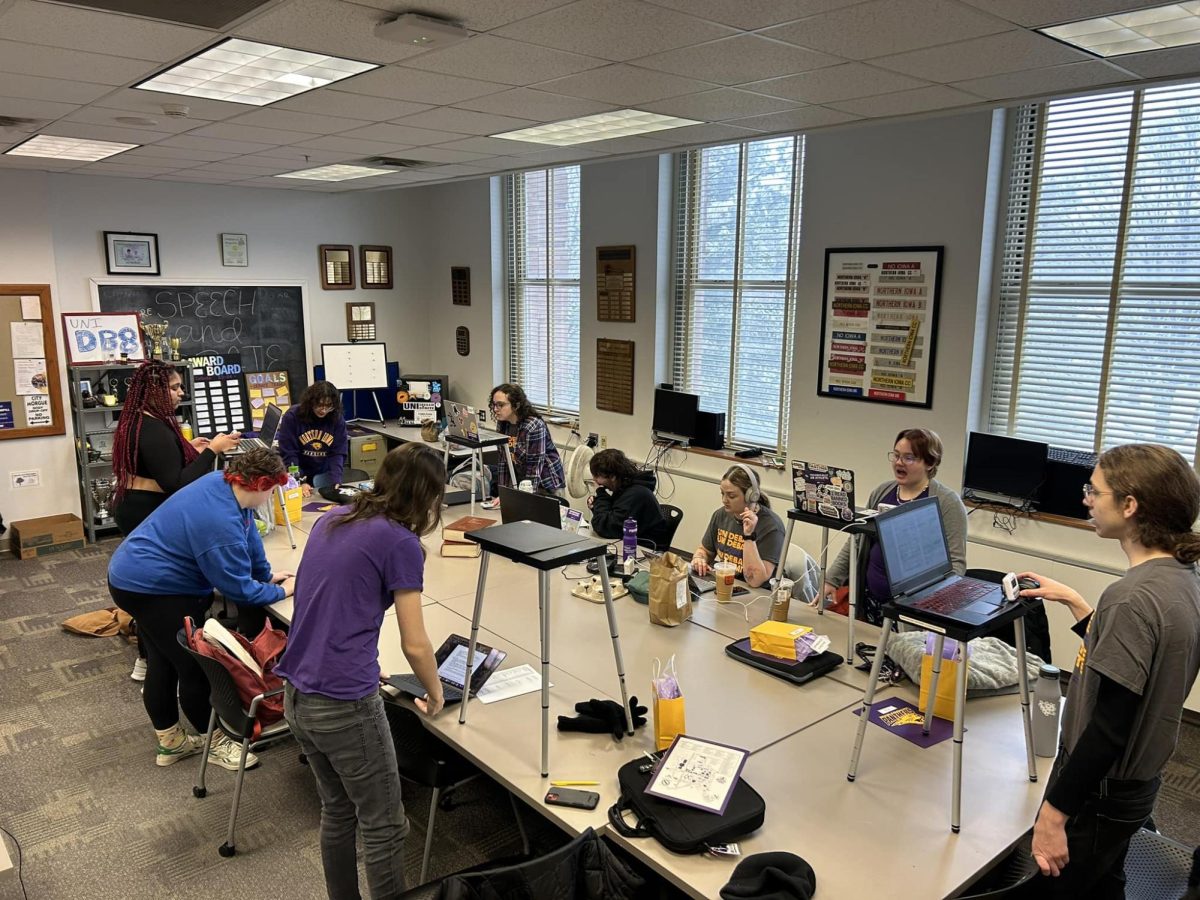Open up a magazine and what kind of advertisements do you see? How to trim fat fast? Low-fat foods? Before and after pictures of people who have taken diet pills? These images and messages have taken over the media.
According to the National Association of Anorexia Nervosa and Associated Disorders, a study done in high schools shows 69% of girls in grades five through 12 reported that magazine pictures influenced their idea of a perfect body shape. As a society we are so weight obsessed that we fail to see what kind of impact it’s having on students, parents, young children and athletes. The International Journal of Eating Disorders surveyed women on college campuses and 91% of them had attempted to control their weight through dieting. 22% of them diet often, 5% always diet. Over 50% of teenage females and over 33% of teenage males try to control their weight in an unhealthy manner by skipping meals, purging, taking a laxative or fasting.
There are countless myths about eating disorders: you can tell if a person has an eating disorder simply by appearance or eating disorders are about appearance and beauty. Both of these statements couldn’t be further from the truth.
Eating disorders are a silent disease and you may never know the thoughts or behaviors someone may be hiding. These thoughts and behaviors aren’t easily ended by stopping disordered eating behaviors alone. An eating disorder is a mental illness that goes much deeper than just appearance and food.
Set aside time in your schedule to educate yourself during Youniquely Beautiful Week, Feb. 23-27. The week will feature positive messaging as well as education. Kicking the week off on Monday, Feb. 23, a positive post-it note campaign will begin with post-it notes displayed in various bathrooms on-campus to remind us to love our bodies. Tuesday, Feb. 24 will feature a panel of students who will share their experiences with an eating disorder and health professionals that will provide information and answer questions.
Wednesday, Feb. 25 will promote a movement to stop the social epidemic of fat talk. How many times a week do you hear your peers say: “Do I look fat?” “Do you know how many calories are in that?” “I just want to lose 10 lbs.” “You look great, did you lose weight?” These messages can severely impact people who may be trying to normalize their eating or people who thought of themselves as healthy eaters.
“Someone can be working so hard to rid themselves of chronic dieting, but when fat talk is surrounding them it is difficult to move forward with a healthier attitude toward food and weight,“ said Joan Thompson, health educator with UNI Student Wellness Services.
There will be a pledge signing in the Maucker Union to educate and put a stop to people vocally hating their bodies.
Thursday and Friday, Feb. 26 and 27 will feature a presentation that will show the progressive representation of an eating disorder among college students in a “Room with a View.” The self-led presentation will show four displays that demonstrate healthy eating, followed by the distortion of eating and beginning of an eating disorder which leads to the despair of a full-blown eating disorder and finishes with a wall of hope and recovery.
Use every opportunity you can take to learn more about this silent disease. Details regarding Youniquely Beautiful Week may be found at www.uni.edu/studentwellness. You can make a difference just by being educated. If you or someone you know may be struggling with an eating disorder reach out to all of UNI’s available resources, whether in Student Wellness Services, the Counseling Center or Student Health Clinic. We offer an online eating disorder screening tool at www.ulifeline.org/uni.
For more information about services on campus contact Joan Thompson, UNI Health Educator at 319-273-2137 or [email protected]. For general information regarding eating disorders, visit the National Eating Disorders Association website at http://www.nationaleatingdisorders.org.
-Lanie Crouse,
Student Wellness Services
Graduate Assistant







